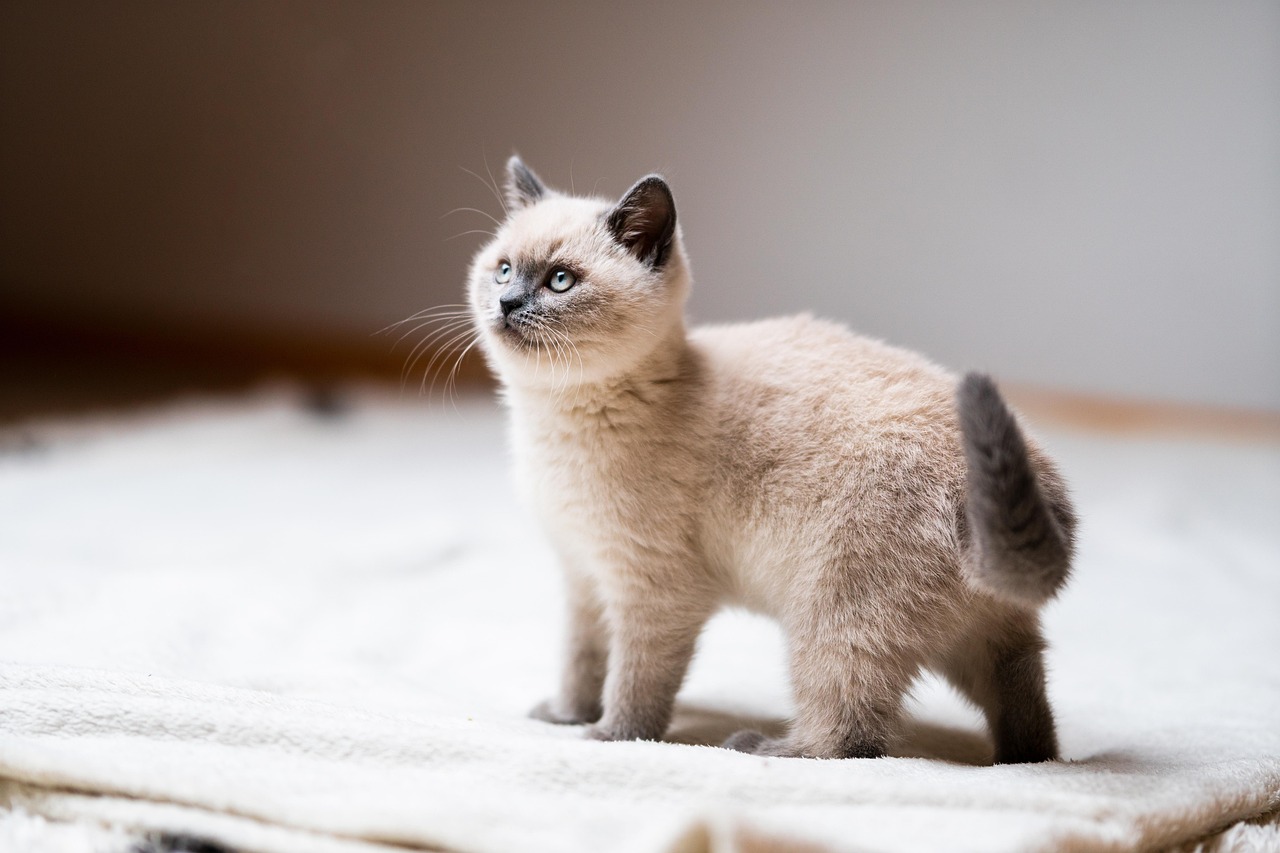
As a cat owner, your furry friend’s health and happiness are top priorities. But do you know what it takes to keep your feline in tip-top shape? While cats are independent creatures, they still need proper care and attention to ensure a long, healthy life. Vets often stress specific health tips that every cat owner should follow. From diet to exercise and vet visits, here are eight expert-backed cat health tips to keep your feline happy and fit.
1. Provide a Balanced and Nutritious Diet
Why Is a Proper Diet Important?
Your cat’s diet directly impacts its overall health. Feeding your feline a high-quality, balanced diet ensures they get the necessary nutrients for energy, a strong immune system, and a healthy coat.
What Should You Feed Your Cat?
- High-protein cat food (preferably with real meat as the first ingredient)
- Essential fatty acids (like Omega-3 for a shiny coat and joint health)
- Limited carbohydrates to prevent obesity
- Fresh water at all times
Foods to Avoid
- Onions and garlic (toxic to cats)
- Chocolate and caffeine (can cause serious health issues)
- Dairy products (many cats are lactose intolerant)
2. Keep Your Cat Hydrated
Why Is Hydration Crucial?
Cats have a low thirst drive, which means they might not drink enough water on their own. Dehydration can lead to kidney disease, urinary tract infections, and other health problems.
How to Encourage Water Intake
- Provide fresh water daily
- Use a cat water fountain (many cats prefer running water)
- Mix wet food with dry food for added moisture
- Offer broth (low-sodium and cat-safe)
3. Schedule Regular Vet Check-Ups
How Often Should You Visit the Vet?
Routine vet visits are essential for early disease detection. Even if your cat appears healthy, annual or bi-annual check-ups can help catch potential issues before they become severe.
What to Expect During a Vet Visit
- Weight check and body condition assessment
- Vaccinations and parasite control
- Dental health evaluation
- Blood tests for senior cats
4. Maintain Good Dental Hygiene
Why Is Dental Care Important?
Dental disease is one of the most common health issues in cats. Poor oral hygiene can lead to gum infections, tooth loss, and even organ damage.
How to Keep Your Cat’s Teeth Clean
- Brush their teeth regularly using cat-safe toothpaste
- Provide dental treats and toys
- Schedule professional dental cleanings with your vet
5. Encourage Regular Exercise
How Much Exercise Does Your Cat Need?
Even though cats love to lounge, they still need daily exercise to maintain a healthy weight and prevent boredom-related behaviors.
Fun Ways to Keep Your Cat Active
- Interactive toys (laser pointers, feather wands)
- Puzzle feeders to stimulate their hunting instincts
- Climbing structures like cat trees
- Play sessions with you
6. Keep Your Cat’s Environment Stress-Free
Why Does Stress Affect Cats?
Cats are sensitive to their environment. Stress can lead to behavioral issues, poor eating habits, and even health problems like urinary tract diseases.
How to Reduce Stress
- Provide a safe and quiet space
- Stick to a consistent routine
- Use calming pheromone diffusers
- Avoid loud noises and sudden changes
7. Maintain Proper Grooming and Hygiene
Why Is Grooming Essential?
Even though cats groom themselves, they still need help to prevent matting, hairballs, and skin issues.
Grooming Tips
- Brush your cat regularly to reduce shedding
- Trim their nails to prevent overgrowth and scratching issues
- Check their ears for dirt or signs of infection
8. Keep Their Litter Box Clean
Why Is a Clean Litter Box Important?
Cats are very particular about their hygiene. A dirty litter box can lead to litter box avoidance, stress, and even urinary infections.
Litter Box Maintenance Tips
- Scoop waste daily
- Change litter regularly
- Provide multiple boxes in multi-cat households
- Choose an unscented, dust-free litter for sensitive cats